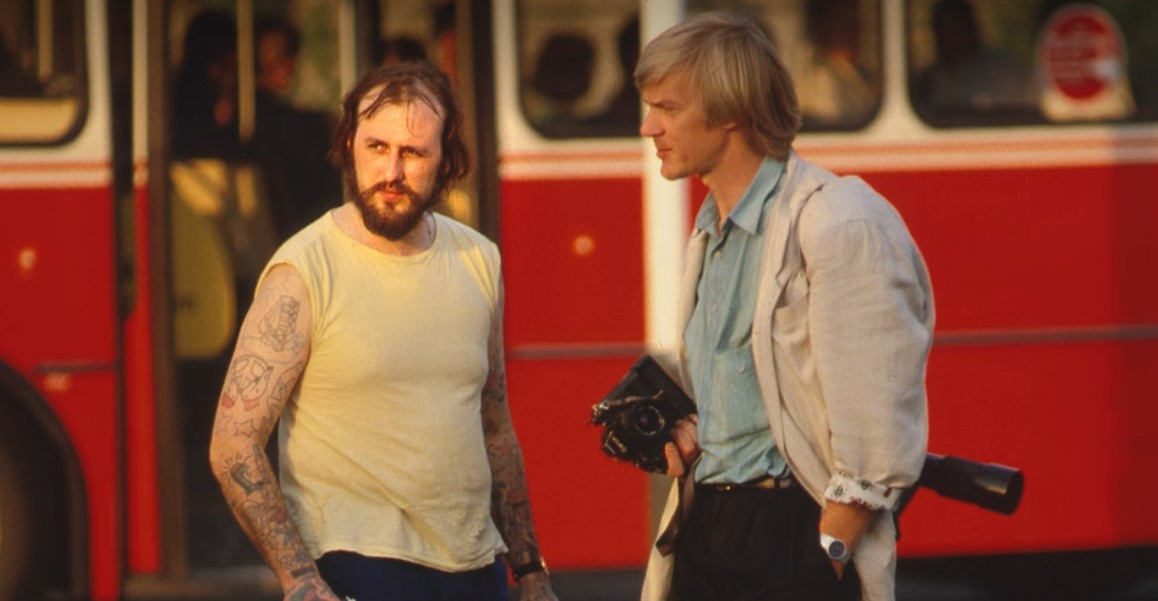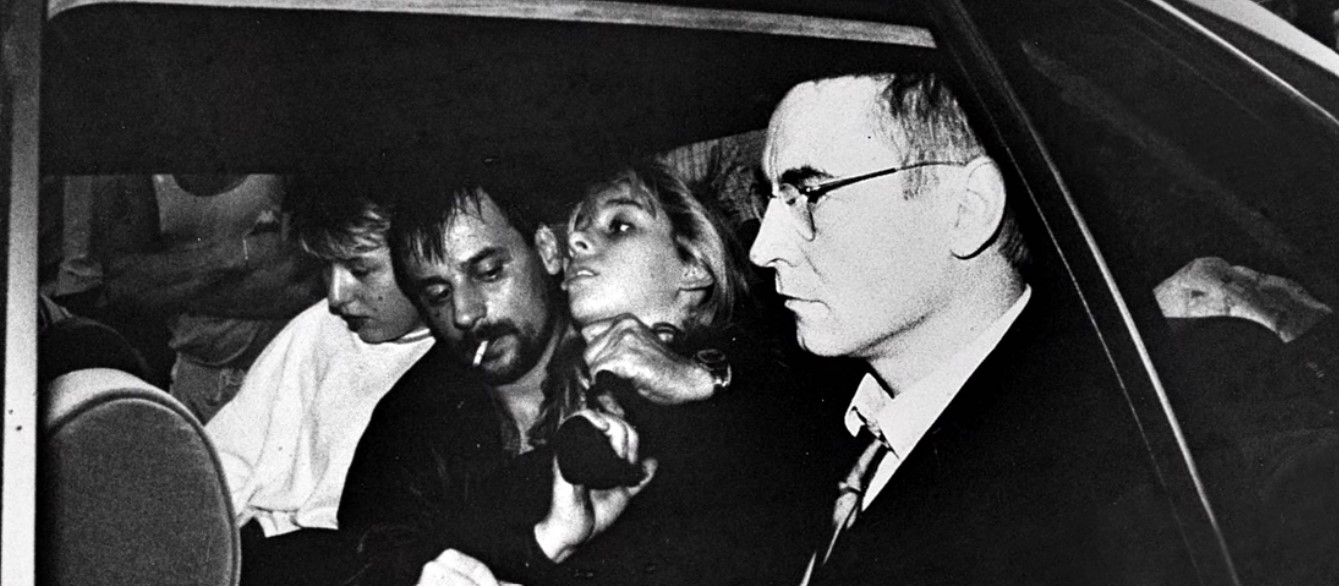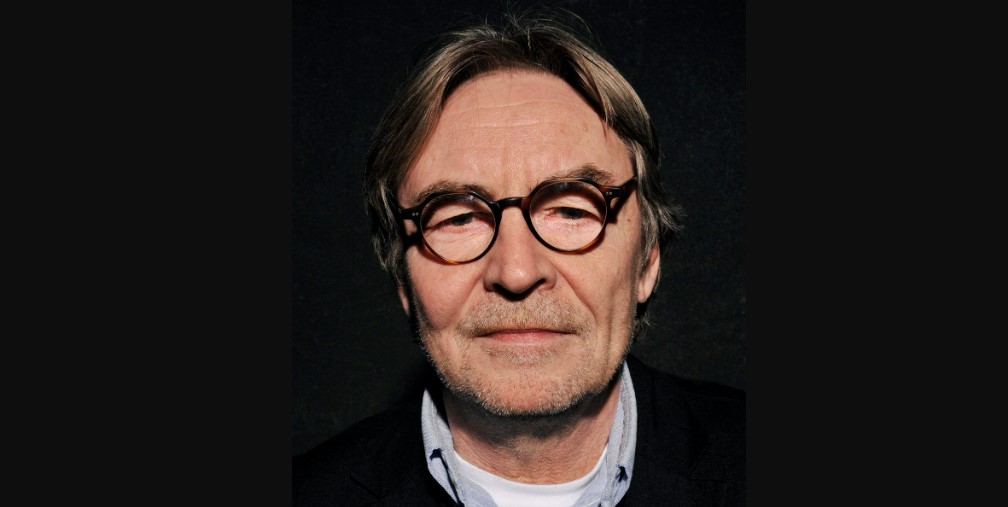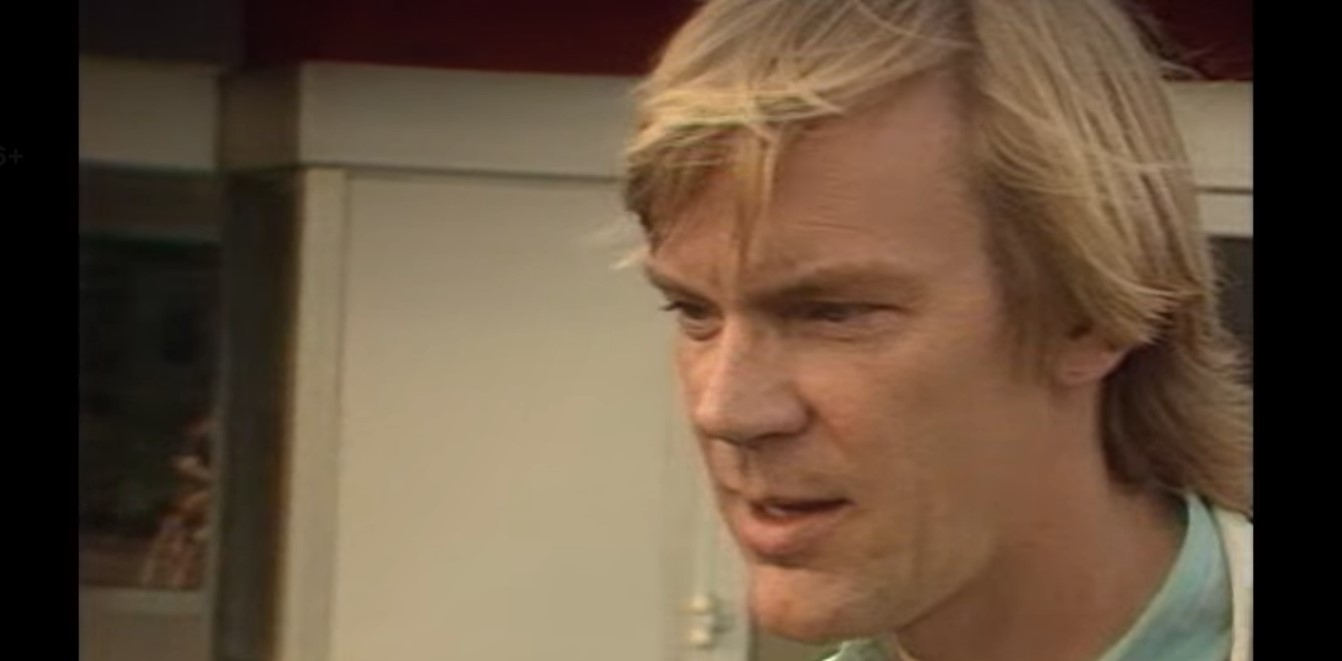In August 1988, Hans-Jürgen Rösner and Dieter Degowski went on a tension-filled rampage, holding several hostages and traversing through different cities. While the authorities continued to negotiate, the media, faced with a first-of-its-kind situation, seemed to overstep its boundaries. Interviews with the outlaws followed, with one of them even holding a gun to a hostage’s head while answering questions.
Netflix’s ‘Gladbeck: The Hostage Crisis’ delves into this very case solely through archival news footage. Peter Meyer and Udo Röbel, two such reporters, seemed to have formed a rapport with the criminals, leading to extended conversations with them. So, if you’re wondering what happened and where they might be today, we’ve got you covered.
Who Are Peter Meyer and Udo Röbel?
On August 16, 1988, Hans and Dieter left a bank in Gladbeck, Germany, with two hostages. They showed up in Bremen, Germany, the following day and eventually hijacked a bus full of passengers. Reporters circled the area, one of them being Peter Meyer, then a photographer for the AP Agency. As per the documentary, Peter was close to the bus taking photographs when he was asked to come over. The outlaws then provided their list of demands to be passed on to the police.

The hostage-takers wanted a car that wasn’t bugged and a police officer with his hands cuffed behind his back. If the demands were met, they planned to release the hostages. Peter, hoping to de-escalate the situation, served as the mediator between the police and the criminals. He even passed on the police’s phone number to Hans and the rest for negotiation. But that went nowhere, leading to the group leaving on the bus with all the hostages. By then, Hans’ girlfriend, Marion Löblich, had joined them.
Then, the bus traveled to the Netherlands, where most of the hostages were released. The trio held on to two young girls and drove to Cologne, Germany, in a getaway car. They were parked in the street as the crowd around them began to swell. Udo, then the deputy editor for Express in Cologne, learned how much the hostage situation escalated only during breakfast that day. He immediately headed to the office, and upon learning that the car was in Cologne, he rushed down to the street.

Udo pushed through and appeared to gain some rapport with the hostage-takers. Then about 39 years old, he soon learned things were about to go sideways. Hans told Udo, “We’ve got to get out of here now. My buddy is about to lose it completely.” At that point, he had to make a decision. Udo later recollected, “I had the feeling that I had been given responsibility for a situation which was becoming less and less controllable. But I also had that reporter’s instinct that says, ‘I want this story. This is mine.'”
So, Udo got into the car and led them onto the highway. He was with them for forty minutes. Udo tried talking to the trio during that time, hoping they would give up any information. He believed the car was bugged. But Dieter quickly shut it down with a gun pointed at him. They stopped at a gas station where Udo was dropped off. This was shortly before the authorities ambushed the getaway vehicle, eventually arresting the culprits.
Where Are Peter Meyer and Udo Röbel Today?
Peter later stated that it was unbelievable how close the reporters and the general public were allowed to get. His actions were later criticized, but Peter maintained that he was only trying to help. Today, he lives and is employed in Hamburg, Germany. Udo said, “Gladbeck was a completely new situation for the police and, of course, also a completely new situation for the media.”

Udo added, “If it happened today, every journalist would have to stop for a minute and say, ‘Hang on, there are boundaries here that I mustn’t cross.'” Ultimately, he believed that the criticism the reporters received was warranted. He also regretted exploiting Silke Biscoff’s last moments in an article (she was one of the hostages in the car that was killed during the ambush).
As a result of what happened, there were sweeping changes in how the press dealt with such cases. Reporters aren’t allowed to talk to perpetrators anymore while the crime is being committed. In 1989, Udo received a job offer to work for Bild am Sonntag, a popular tabloid in Germany. Later on, he took up the role of the editor-in-chief for Bild, a sister newspaper. Today, Udo still lives in Germany and enjoys metal and rock music in his free time.
Read More: Where is Hans-Jürgen Rösner Now?


You must be logged in to post a comment.